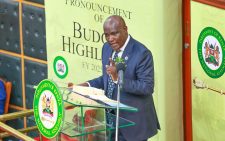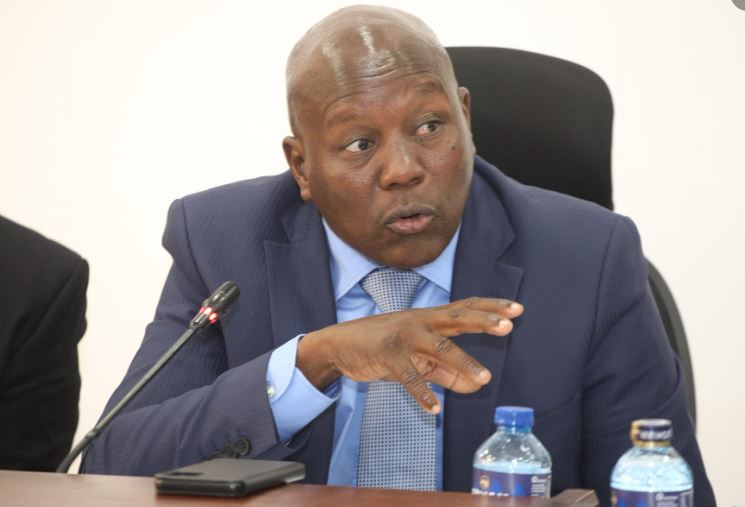Mbadi reveals changes ahead of budget reading in Parliament

Treasury Cabinet Secretary John Mbadi has highlighted some key changes on the 2025/2026 budget, which he plans to table before the National Assembly today, Thursday, June 12, 2025.
Speaking during a live TV interview on his way from Karen to the Treasury, Mbadi indicated that this year’s budget has moved from an incremental system to a zero-based budget, where expenditure has to be justified before resource allocation.
“This year’s budget will be a zero-based budget, which is different from the traditional budgeting, where you take the previous year’s budget and put a markup. This time, every expenditure had to be justified by the Ministries, Departments and government Agencies (MDAs),” Mbadi said.
Reform-oriented budget
“Besides that, there are a lot of reforms, which I will speak to in my speech. We are collecting reasonable revenue, but there is pilferage and wastage of public resources,” he noted.
“My attention in the last one year has been targeted at bringing reforms in policy, procurement, asset management, pension management, human resource management, budget making process and revenue collection.”

While the CS insists the budget will have no additional taxes on Kenyans, experts reveal that the re-classification of some of the basic goods like pharmaceuticals and animal feeds from zero-rated to tax-exempt will significantly raise the cost of medicine and also the cost of food.
The change, which also affects renewable energy sources like solar panels and lithium batteries, will equally raise the cost of these energy sources, further burdening Kenyans who rely on solar in areas without electricity coverage.
Revenue-raising measures
In the Ksh4.2 trillion budget, which Mbadi will present before the National Assembly, the state aims to raise at least Ksh2.7 trillion in taxes. Similarly, the government plans to collect at least Ksh560 billion in charges of services, levies and other fees.
The state equally plans to receive grants of about Ksh46 billion, leaving a deficit of Ksh876 billion, which will be financed through external and internal borrowing.
While Mbadi insists this year’s budget is a far cry from the incremental budget, his initial proposal of Ksh4.5 trillion was trimmed down by legislators to a conservative Ksh4.2 trillion, which is equally an increase from last year’s Ksh3.9 trillion budget.
Out of the Ksh4.2 trillion, at least Ksh3.09 trillion will be allocated towards recurrent expenditure and salaries. Ksh436 billion is expected to be allocated to the devolved units, while Ksh725 billion will be alloca













